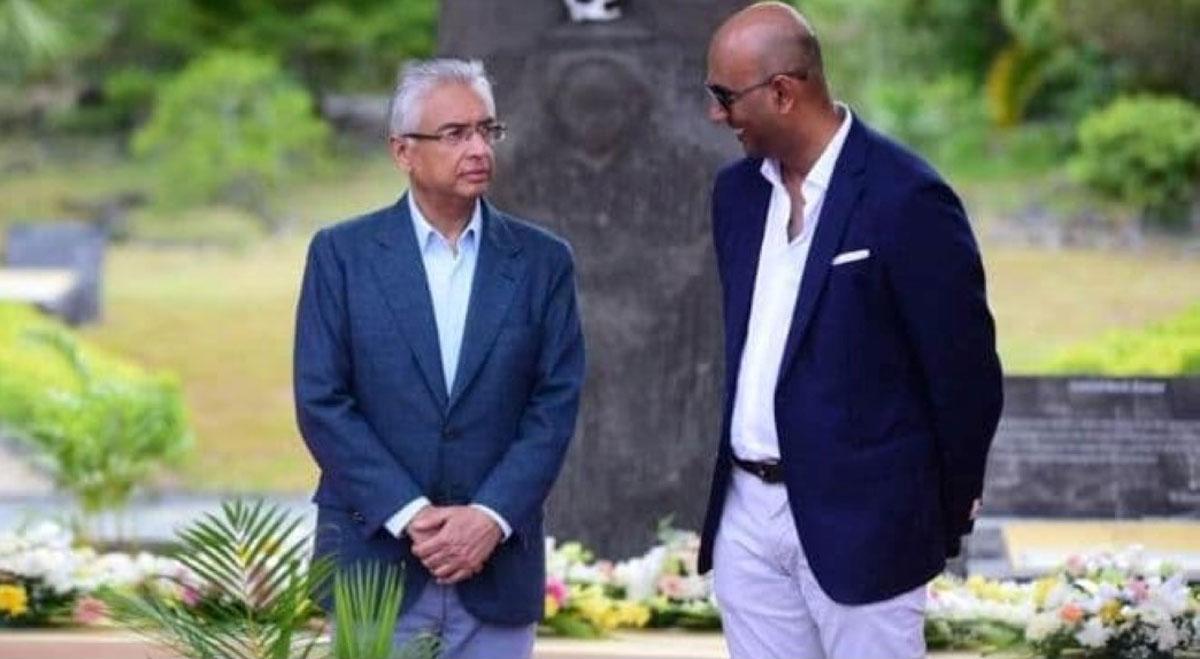Africa-Press – Mauritius. There has been a lot of commotion this week with the publication of an anonymous letter addressed by a “patrioteindigné” to the PM, covered with handwritten corrections which an expert graphologist has considered identical with the handwriting of Mr Ken Arian, then Senior Advisor at PMO.
The letter records various allegations against in particular, Mrs Ameenah Gurib-Fakim, at that time Head of State under pressure to resign. Lex pores over the ensuing allegations of a ‘complot’ at high levels to force her departure or stifle questions in Parliament as the PM immediately referred the letter to ICAC.
* The press has recently alluded to an anonymous letter, allegedly fabricated by former PMO Senior Adviser Ken Arian, and which contained allegations against former President Ameenah Gurib-Fakim.
Do you think that such an anonymous letter would be admissible as evidence in a court of law, or would it be considered as hearsay and lacking foundation or substance?
It would be hearsay and inadmissible. The court acts either on direct evidence or circumstantial evidence, that is facts from which it draws inferences.
* We learn that one expert graphologist based in Reunion Island, Patrice Balletti, has concluded that the hand corrections in a draft copy of the typed anonymous letter would be virtually identical to the handwriting of Ken Arian in a separate manuscript.
We presume the findings of the graphologist would be challenged in case this matter is prosecuted. What would it take for the graphologist’s findings to pass the test of admissibility and as being conclusive?
A graphologist would be an expert witness. When an expert is summoned to testify in court his expertise in the field in which he is called to testify may be questioned.
In addition, he would be searchingly cross-examined on the findings and conclusions he has reached. Counter evidence may be brought up by an opposing party to contradict the expert. At the end of the day, it will for the court to decide which evidence would be relevant and can be relied upon.
* In the meantime, what would you expect the recipient of the anonymous letter to do whenever such a letter containing serious allegations against the head of state is brought to his attention? What should be the procedure/s to follow in such cases?
It depends on the tenor of the anonymous letter. If it reveals an offence known in Mauritian law, then the recipient may refer it to the police for investigation on the contents and on the persons, if any, targeted by the anonymous letter.
If the letter reveals a financial crime, the letter may be sent to the Independent Commission Against Corruption (ICAC) for any action it would deem fit to take.
* The Prime Minister revealed in a press conference on the day Ameenah Gurib-Fakim submitted her resignation as President of the Republic (23 March 2018) – he confirmed the same information in reply to a PNQ in Parliament on 27 March – that he had referred the matter for investigation by ICAC.
Does that letter contain sufficient serious matters to warrant an investigation by the ICAC? And, why ICAC, not the Central CID? It is possible that there was a suspicion of a financial crime having been committed, thus the decision to refer the matter to ICAC.
Since the letter has been referred to ICAC, have we heard anything about it from the anti-corruption institution? Has ICAC summoned anybody for interrogation? There is this nagging thought that the idea might have been to draw political capital out of this matter.
* The trend these last years has been to disallow questions in Parliament in relation to any controversy or scandal once the matter has been referred to ICAC or the police for investigation – notwithstanding whether the investigation is being conducted or not.
Is that perfectly in order? Well, this is the political strategy that has been utilised by the present government. Once a delicate matter is raised in parliament, the matter is referred to ICAC or to the police where itseems to go into hibernation, resulting in questions being disallowedin parliament. This is a most undemocratic methodused to stifle questions.
For More News And Analysis About Mauritius Follow Africa-Press







